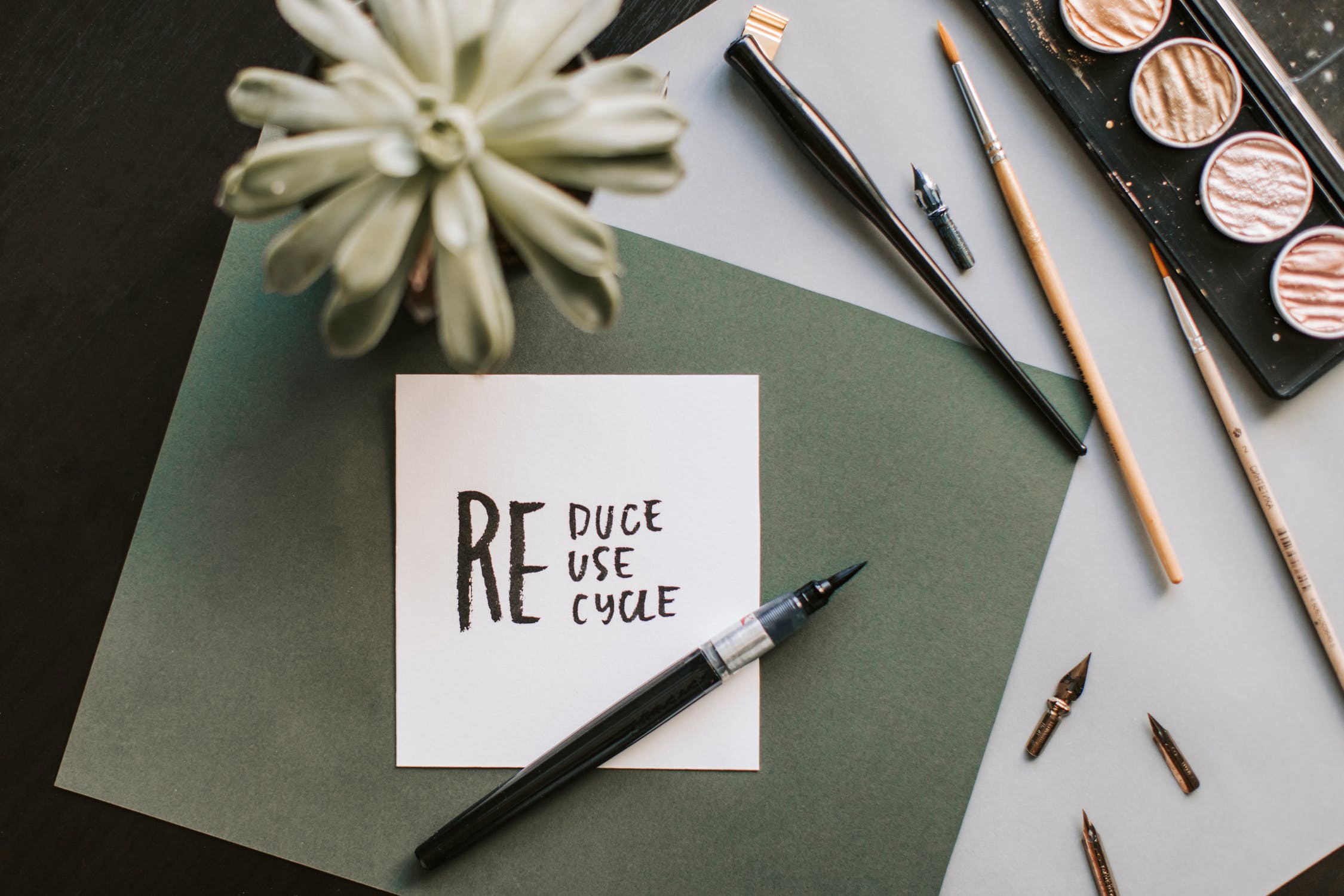1: PET or PETE (Polyethylene terephthalate)
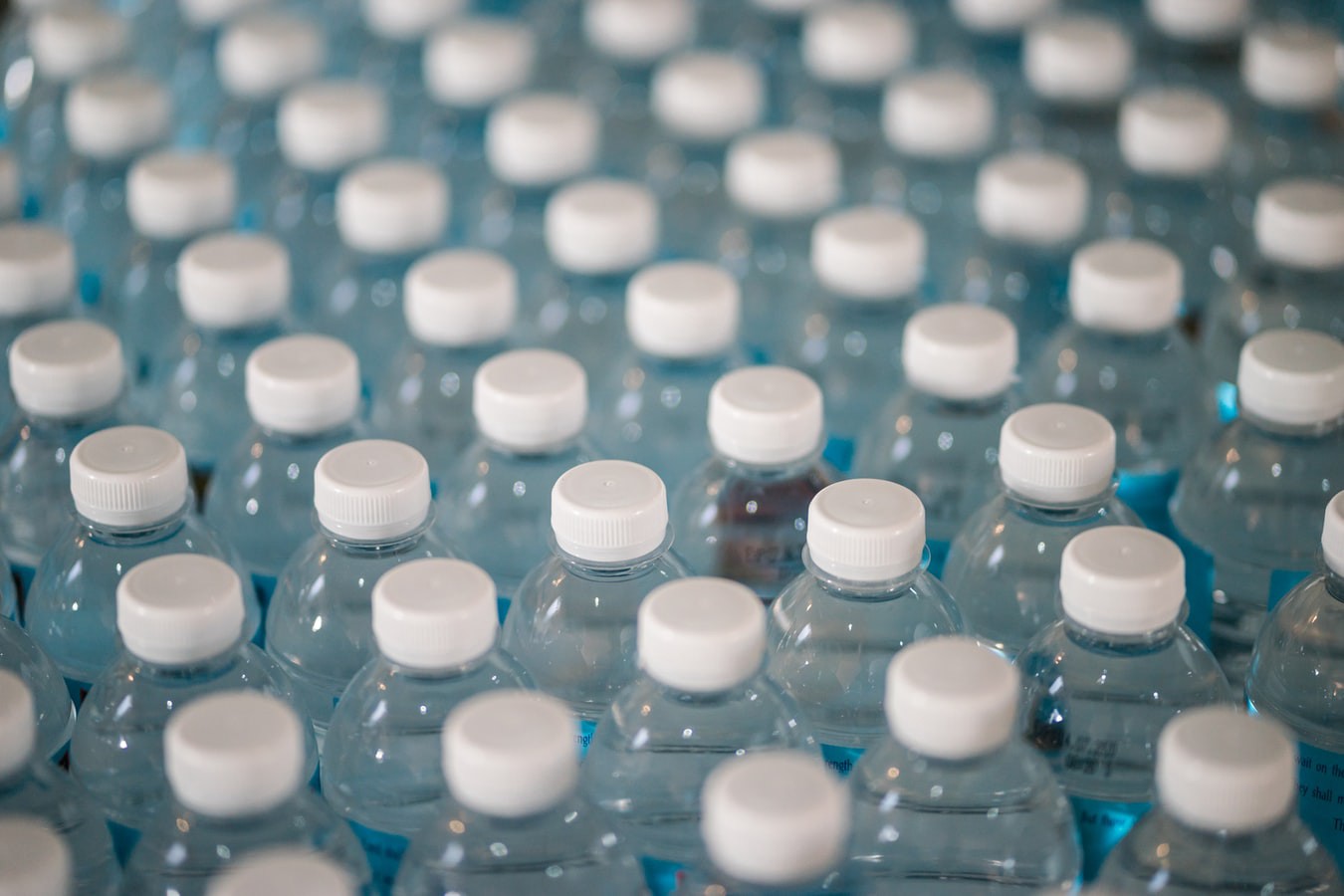
Commonly found in: plastic drink bottles (ie. pop and water bottles), vegetable oil containers, mouthwash bottles, peanut butter containers
Recyclable?: YES
Possible alternatives: a reusable water bottle, bringing mason jars or other glass containers to bulk food stores.
2: HDPE (High density polyethylene)
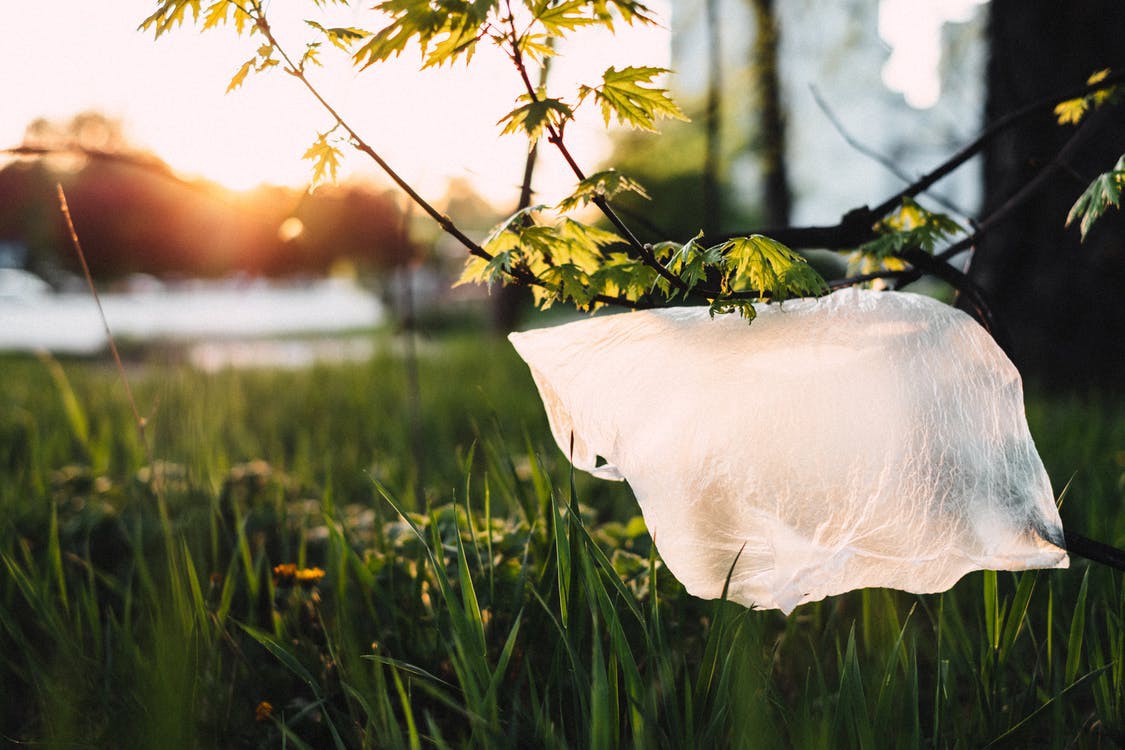
Commonly found in: stiffer plastics like milk jugs, shopping bags, certain shampoo and detergent bottles, yogurt tubs, ice cream tubs
Recyclable?: YES
Possible alternatives: keep reusable bags in your car and in your bags when you go out so you always have one, opt for powder laundry detergents which both last longer than its liquid counterparts and are typically found in biodegradable/recyclable packaging, shampoo bars, try homemade cleaning solutions that work just as well.
3: PVC (Polyvinyl chloride)

Commonly found in: piping, binders, certain shampoo and detergent bottles, clear food wrap, toys, artificial Christmas trees
Recyclable?: NO! Avoid buying this or putting it in your blue bin.
Possible alternatives: try beeswax wrap or silicon covers instead of clear food wrap and look for binders made from recyclable materials!
4: LDPE (Low-density polyethylene)
Commonly found in: shopping bags, frozen food or bread bags, sandwich bags
Recyclable?: Depends. Please check with your local recycling center.
Possible alternatives: reusable sandwich bags made from silicon, or use cloth/beeswax wraps
5: PP (Polypropylene)
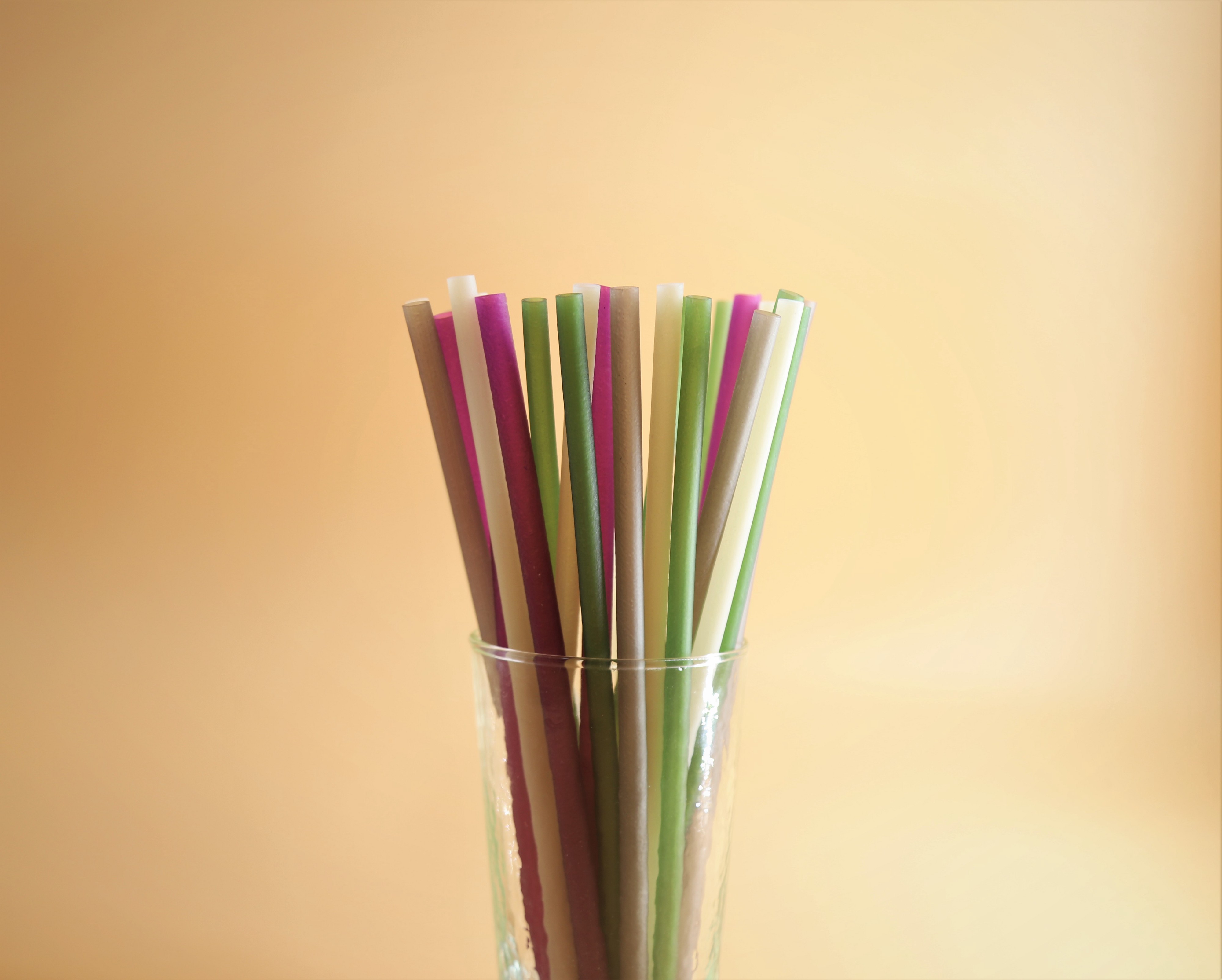
Commonly found in: medicine bottles, straws, bottle caps
Recyclable?: Rarely recycled
Possible alternatives: avoid plastic straws and opt for reusable metal or glass straws
6: PS (polystyrene) AKA styrofoam
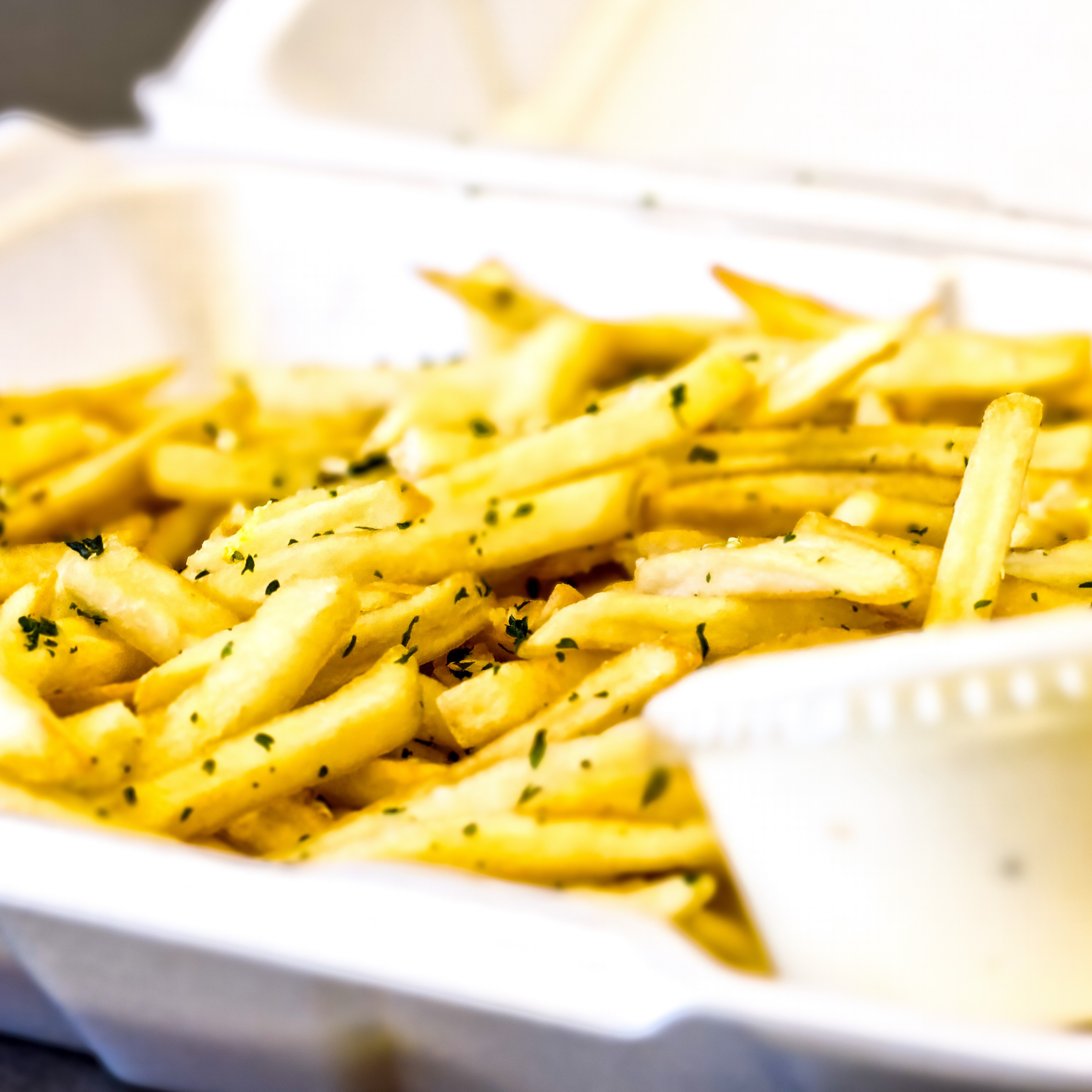
Commonly found in: egg cartons, take-out food containers, grocery store meat trays
Recyclable?: NO! Avoid where you can, it is rarely recyclable and damaging to human health and the environment
Possible alternatives: In terms of take-out containers, it can be harder as consumers to control what type of container your takeout comes in but thankfully many restaurants have made the transition away from styrofoam packaging so it is easier to find restaurants with recyclable take out containers. Opt for eggs packaged in paper cartons and try to find grocers that use recyclable meat trays or see if your butcher is willing to put meat in your own reusable containers.
7: OTHER/MISCELLANEOUS PLASTICS
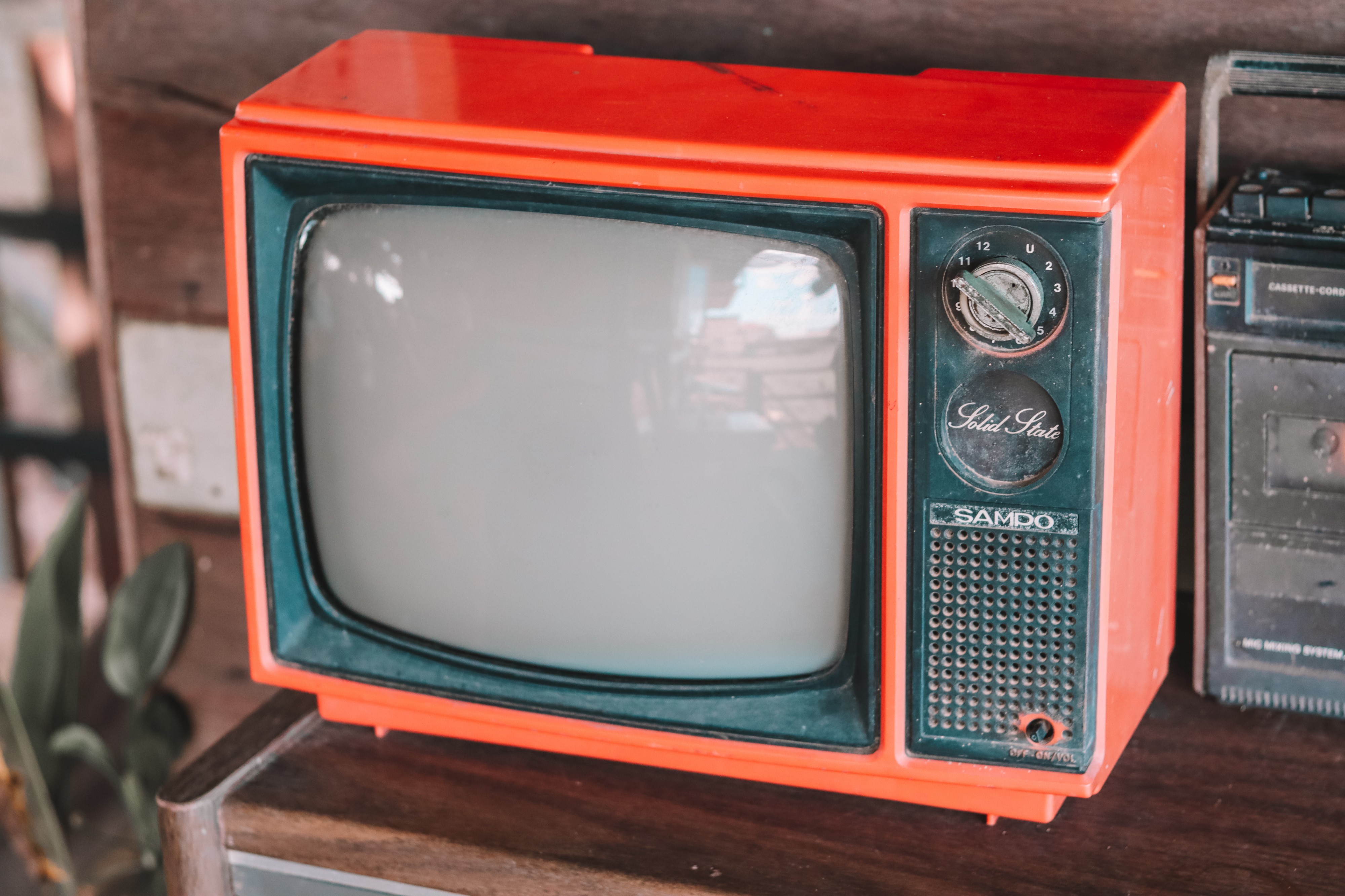
Commonly found in: any plastics not categorized under any of the above including nylon, acrylic, and fibreglass. Can be found in CDs and DVDs, computers and electronic devices, sunglasses
Recyclable?: It depends on the specific plastic but these are not typically recyclable
Possible alternatives: Try to avoid these as it is usually unclear if they are recyclable or not. In terms of electronic devices, check with your municipality to see if they have an eco station or drop-off facility for electronics because electronic items contain hazardous material like mercury and lead that are a major threat to the environment if it gets buried in a landfill.
Recycling is only one aspect of sustainability. If you are looking to learn more about how you can practice sustainability, check out the Sustainable Development Goals set out by the United Nations, and U of A's year-round work with these goals. Recycling is actually part of Sustainable Development Goal #12, Responsible Consumption and Production! You can also learn more about this movement by reading about Gurbani's experiences at I-Week as she attended a keynote talk where Natan Obed spoke about achieving the Sustainable Development Goals in Inuit Nunangat.
